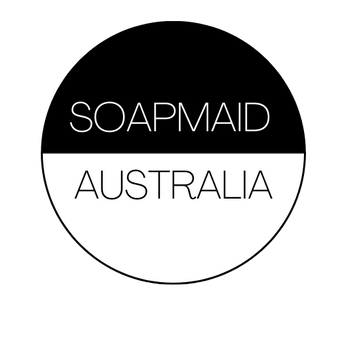In the world of natural waxes, two prominent contenders often stand out due to their unique properties and versatile applications: beeswax and candelilla wax. These natural substances have been utilized for various purposes, ranging from skincare to candle-making, owing to their distinct characteristics and environmentally friendly nature. However, understanding the differences between these waxes is essential to make informed choices based on specific needs and preferences.
Beeswax: A Natural Wonder
Beeswax, a substance secreted by honeybees, holds a significant place in human history, dating back centuries. It's formed within the beehive as bees consume honey and produce wax to construct the hive's cells. Renowned for its natural origins and multiple applications, beeswax possesses a distinctive golden hue and a sweet, honey-like aroma.
Properties and Uses of Beeswax:
-
Versatility: One of the most remarkable traits of beeswax is its versatility. It serves various purposes, including but not limited to, skincare (lip balms, lotions), cosmetics, woodworking, and most prominently, candle-making. Its high melting point makes it ideal for creating long-lasting candles that burn brighter and cleaner than many other alternatives.
-
Emollient and Protective: Beeswax is a natural emollient, meaning it helps lock in moisture, making it a popular ingredient in skincare products. It forms a protective barrier on the skin, shielding it from environmental aggressors while allowing it to breathe.
-
Sustainability Concerns: While beeswax is natural and renewable, concerns about bee populations' decline due to various factors have led to discussions regarding its sustainability.
Candelilla Wax: Nature's Vegan Alternative
Derived from the leaves of the candelilla shrub, primarily found in northern Mexico and the southwestern United States, candelilla wax stands out as a vegan alternative to beeswax. Harvesting candelilla wax involves cutting the shrub's leaves and heating them to extract the wax, making it a plant-based and cruelty-free option.
Properties and Uses of Candelilla Wax:
-
Vegan and Ethical: Candelilla wax is a go-to option for those seeking vegan or cruelty-free products. Its extraction process doesn't involve bees, making it an ethical alternative for various applications.
-
Harder Texture: Compared to beeswax, candelilla wax has a harder texture, which makes it a preferred choice for certain cosmetic formulations like lipsticks, where hardness is desirable.
-
High Melting Point: Similar to beeswax, candelilla wax has a relatively high melting point, making it suitable for candle-making and as a component in polishes and coatings.
Choosing Between Beeswax and Candelilla Wax
Deciding between beeswax and candelilla wax often boils down to personal preferences, ethical considerations, and specific application needs.
-
For traditional purposes: Beeswax remains a popular choice for its long-standing history, versatility, and unique aroma.
-
Vegan and ethical considerations: Candelilla wax is favored by those seeking plant-based alternatives or who are concerned about the impact on bee populations.
-
Application-specific: The choice between the two often depends on the desired texture, hardness, and melting point required for a particular product or formulation.
In conclusion, both beeswax and candelilla wax stand as exceptional natural substances with their own set of advantages and applications. Understanding their differences empowers consumers to make conscious choices aligned with their values and requirements, whether for skincare, cosmetics, or crafting endeavors.

